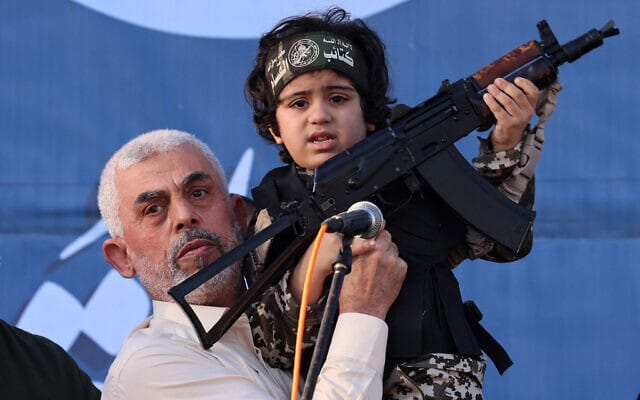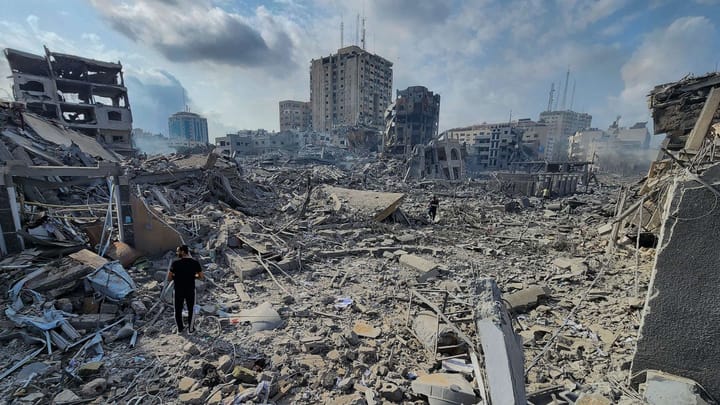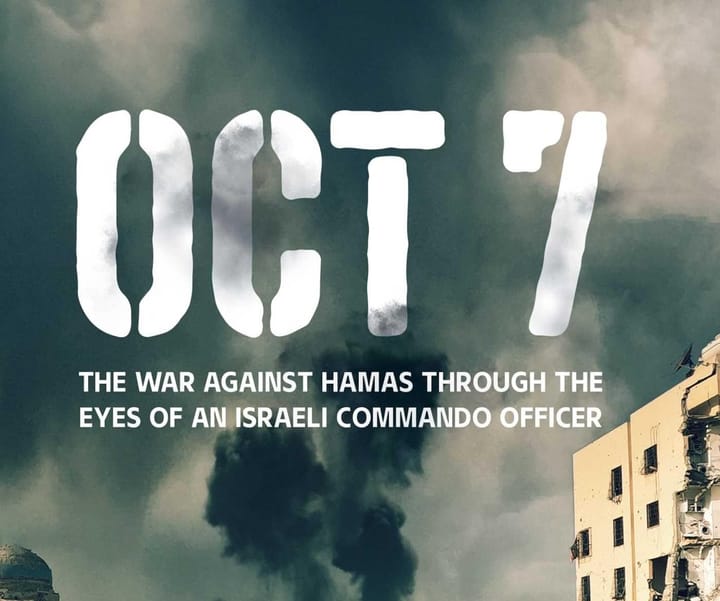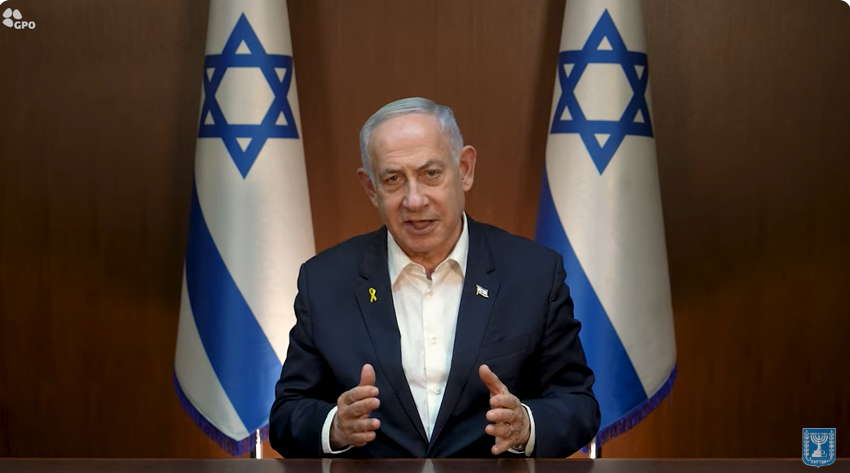On Yahya Sinwar’s Death: Absolute Power Corrupts Absolutely – Time for Decentralized Governance for Palestinians

Since the October 7 War started in Gaza, few individual voices have been heard from the Strip. The most significant information came from the Hamas-controlled Gaza Health Ministry. On the other side, there have been daily protests against the Israeli government by hostage families. Israelis have vented out a wide array of opinions about how this war against Hamas in Gaza should be fought. The silence from Gaza indicates the years of brutal repressive rule by Hamas and other militant groups in the small enclave. These militias held a monopoly on violence in Gaza and, from all indications, used it to suppress dissenting voices. It is a reflection of the weak and inefficient governance structures of Gaza under Hamas. This article examines how Yahya Sinwar’s execution creates a path for a new form of governance that can create long-term prospects for the creation of a viable Palestinian statecraft system.
Lessons from Yahya Sinwar’s Death
Hamas launched the October 7 attacks with a clear intention of relying on the vast tunnel networks to protect the militants. They left the Palestinian civilians to their fate on land while they went underground. This was a strategy they hoped to use to limit Israel’s counter-offensive.
Before anyone forms an opinion on this, it is worth mentioning that Sinwar and a few leaders of Hamas created the circumstances and relied on it. They were dependent on guerilla tactics aimed at laying out a long war of attrition against Israel.
Sinwar and his colleagues would not have succeeded in this if they had not crushed all dissenting voices. Hamas had to destroy all forms of opposition before launching October 7. They purged all institutions and organizations in Gaza from the mid-2000s when Israel pulled out. Thus, they could present their propaganda and brainwash everyone in Gaza through the barrel of the gun. They had a thorough network of informants who ensured that dissenters were arrested and suppressed.
Thus, no one could ask a masked Hamas militant to get off their property if they set up a command and control center there. This contributed to a lot of the civilian deaths.
Ultimately, Sinwar and his colleagues rose beyond accountability in Gaza.
What Decentralization Can Do
It is apparent from Sinwar’s War that concentrating economic, political, religious, and military power in one Palestinian entity will lead to authoritarianism and, ultimately, violence.
Power corrupts, absolute power corrupts absolutely. Thus, keeping power in the hands of a few Palestinian leaders will end up creating suffering for all stakeholders, like the current war.
The greatest alternative is to try to decentralize power and ensure that there is a broader base for the Palestinian people to be represented in a comprehensive leadership system.
What Will a Broad-Based Governance System Look Like?
Palestinians have gone through a lot of setbacks in trying to establish and maintain a leadership structure. There was a leadership system that had developed for many years under Ottoman rule before World War I. This was replaced by a new complicated system during the Mandate era in the interwar period.
After the Israeli war for independence, the fragile leadership structure created by the British during the mandate was destroyed by the mass displacement of Palestinian Arabs. The rise of Arafat and the PLO created a new leadership structure driven by new sources of power.
Two things are apparent:
1. There has been no recognized local government system among Palestinians for close to a century, and
2. Palestinian political leadership is run by a top-down process where a few top figures were granted sweeping powers [as the case was with Sinwar].
A broad-based governance system will ensure that new political units and systems are developed for families, clans, religious leadership, and traditional authorities. Based on this, they can be recognized and documented in a publicly accessible gazette.
After recognition, a system of local government can be created that will be given support in a fair and transparent way. This is the best way to build healthy and efficient local governance systems for the future.
A significant regional body like the Gulf Cooperating Council (GCC) or Arab League can take up the role of leading the process. Through this system of a broad-based local governance system recognized by Israel as a peace partner, transparent methods of supporting and furthering the interest of Palestinians can become more efficient and effective.
Conclusion
Sinwar’s ability to endanger the lives of 2 million Gazans through a terrorist attack is symptomatic of the power gaps and risks Palestinians face. To avoid another October 7 type of attack, decentralization can play a major role. This will involve the creation of a gazette system that will transparently recognize Palestinian leaders from the lowest levels. Through this, direct support can be provided to these leaders, and transparency can prevail through a strong local government system.




